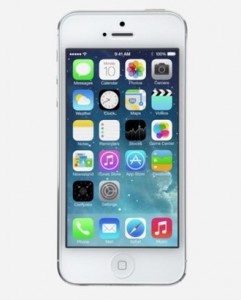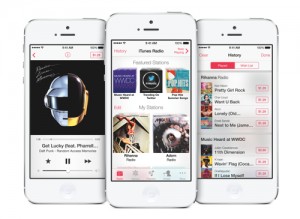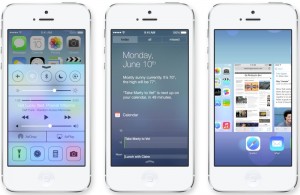 The cover story on Fortune’s current issue is titled “The death of cash.” Read the article here. The author, senior writer Miguel Helft, has to be completely delusional. He seems to think that these new start ups like Square will eliminate the need for cash. I couldn’t disagree more.
The cover story on Fortune’s current issue is titled “The death of cash.” Read the article here. The author, senior writer Miguel Helft, has to be completely delusional. He seems to think that these new start ups like Square will eliminate the need for cash. I couldn’t disagree more.
Let’s start with the simple fact that not everyone has a smartphone. According to comScore, back in January there were 101 million smartphones in the US. According to the 2010 US Census, there is over 308 million people living in the United States. So, Square is already alienating more than 1/3rd of the population.
Now another problem is getting those users to trust companies like Square to use their phone as their payment. A lot of young people, including myself, are intrigued by technology. I want to be the first to try a new service out. I got an invite to Google Wave, Google Plus, and other products still in beta because I’m interested in that type of stuff. It’s an easy sell when you’re dealing with younger generations and especially technologically inclined people. However, if you’re going to try to eliminate cash completely, you’re going to need a lot more than just smartphone users.
You’re really disenfranchising a lot of people. You can’t just assume everyone will adapt to the times and get smart phones sooner or later. Maybe with time when all generations alive have had some experience with computers and cellphones. Many people simply have no interest in adapting new technology and this is the problem facing tech companies. I feel this is why Apple has been so successful because they make it so dead simple that anyone, even young children, can just pick up an iPad and figure out their way around.
People have many reasons not to trust using their phone as a wallet. What if my phone gets stolen and people go around town tapping away, completely screwing up my financial assets? Of course my bank would protect me and recover my money in a few business days, but what am I to do in the interim? I would still have bills and other stuff to pay. Losing your phone is one thing, but losing your wallet is a completely different thing.
It wasn’t too long ago that banks ran out of cash during the great depression. People still remember that. This is why many people don’t even have bank accounts. Many people have a genuine distrust for banks and the recent bank failures aren’t helping to gain consumer confidence. Think about how long credit cards have been around for. Many people don’t like them. Not only because they can lead to credit card debt but because they can be stolen. Getting your wallet stolen with $40 bucks inside is one thing, but losing your credit card and having someone rake up thousands of dollars worth of charges in your name is a whole other thing.
How long have debit cards been around for? Many people don’t have those either. They’ve been around for so long and many stores accept them so why doesn’t everyone have one if the technology is there? Again, because of people’s distrust. There’s a lot of companies who make it easy for merchants to accept credit cards in their business but a lot of local places don’t accept credit cards.
My family owns a restaurant in Downtown Los Angeles that is cash only. I’ve asked my mom why doesn’t she join the 21st century and accept credit cards. She says that it’s too much of a hassle having to deal with potential fraud and the need to wait until the money is deposited into your bank a few days later. Her logic is that it’s much easier and safer to have customers run to the ATM down the street and have the cash in hand instantly. As much as I prefer using my debit card, I had to agree with that.
Large corporations can handle the risks, but small mom and pop shops really can’t afford to take that risk. What if there is a banking problem and their money is tied up for whatever reason? If businesses are dependent on that money to purchase necessary supplies, you better make sure you have it on hand.
A lot of places it just makes sense to use cash. Think of your local ice cream truck. Sure he can get a smartphone and Square but are you going to give the kids your debit card or smartphone to go buy a ice cream cone? I wouldn’t be shocked if you said no. You would instead, hand the kid a dollar and send them to get their ice cream. Not get too much into the underground economy, which is in the billions, but they also don’t want a paper trail so they depend on a cash only model.
I won’t dispute that our currency system is broken. It has been well documented that it costs 2.41 cents to make a penny. Canada has even been experimenting with digital currency.
There is no question that a cashless system is where the world is moving. However, there’s a lot more to it than just technological advances as Helft leads you to believe. You can have the best product in the world but if people don’t want to use it then it’s pretty much useless. A lot has to do with psychology and getting people to trust your company enough to use your service. I don’t believe the death of cash is anywhere in our near future, but it’s a definitely something we will be talking about in the distant future.




 The cover story on Fortune’s current issue is titled “The death of cash.”
The cover story on Fortune’s current issue is titled “The death of cash.”